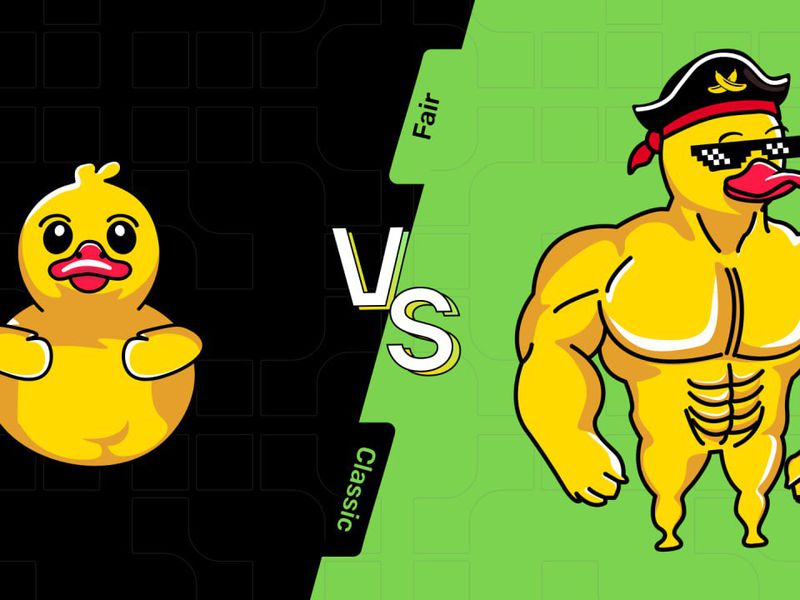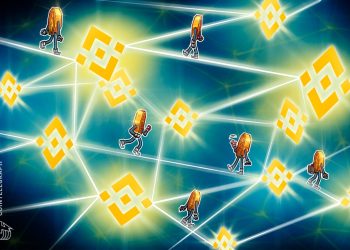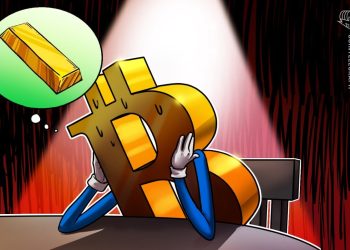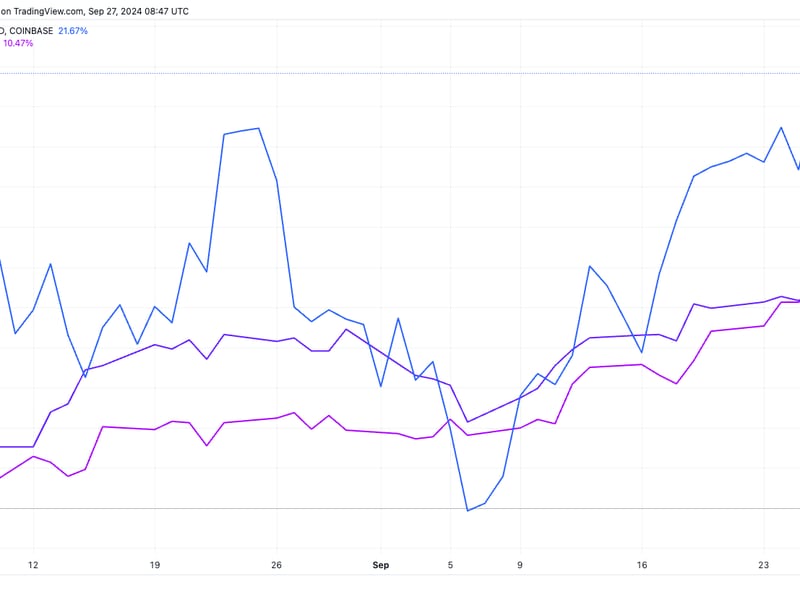GraFun, a new memecoin launchpad and trading platform on the BNB Chain, is set to launch on September 27, 2024, at 11 am UTC. It introduces a “Fair Curve” mechanism aimed at promoting fair launches and long-term investment in memecoins.
GraFun has garnered support from significant players in the crypto ecosystem, including Floki, BNB Chain, DeXe Protocol, HOT Protocol, and strategic partnership with DWF Labs.
Floki will own 40% of GraFun, expecting to leverage this to enhance its influence in the BNB Chain memecoin market – boosting the project’s fundamentals.
The memecoin issuing and trading frenzy that gripped Solana and Tron blockchains in the past few months could soon see a repeat on the BNB Chain ecosystem, thanks to a protocol that says it is making the process easier and better for users.
GraFun, a memecoin launchpad and trading platform exclusive to the BNB Chain network, will be released on September 27 at 11:00 UTC.
It uses a unique bonding curve mechanism that allows anyone to fairly launch a memecoin for next to nothing. This is similar to Solana’s runaway hit Pump Fun, but GraFun’s developers say they have made certain key improvements.
“It’s all about promoting long-term investment and real growth,” GraFun developers explained in an X post. “Unlike the traditional bonding curve, the Fair Curve is community-first. And built to benefit everyone who participates. It gives you the power to be part of a DAO — where decisions are made by you and your fellow token holders.”
The project has bagged support from crypto ecosystem project Floki and other industry heavyweights including BNB Chain, DeXe Protocol, and HOT Protocol. DWF Labs is also a strategic partner.
“Floki is the biggest memecoin brand on the BNB chain by far, and our role in helping with its recent launch and ensuring its success has shown the kind of sway Floki holds within the BNB ecosystem and in this space as a whole,” Floki developer B told CoinDesk in a message.
“With Floki’s backing, GraFun will send a strong message to the industry that it is the de facto platform for creating fair launch memecoins in the space,” B added.
Floki will receive 40% ownership of GraFun and get 40% of the revenue generated from the launchpad. Floki’s ownership of GraFun will lead to key benefits for FLOKI and its sister project TokenFi (TOKEN), developers told CoinDesk in a release.
With the bonding curve model, anyone can deploy a memecoin or a launchpad that supports this model for next to nothing (e.g., anyone can create a memecoin with GraFun with a few dollars or less), with zero developer experience and without having to make any form of commitment (liquidity, expensive token deployment costs, etc).
The memecoin launchpad then allows the market to determine the value of the memecoin: if there is enough demand to push the memecoin to a certain market cap (e.g., $100,000 market cap), it hits a “bonding curve,” and liquidity is automatically added to a decentralized exchange (DEX) and burned or locked – making it possible for anyone to buy the memecoin on DEXs.
If a memecoin does not hit the bonding curve, it simply does not get “launched” on a DEX. The memecoin launchpad makes money regardless.
The most popular examples of memecoin launchpads that use this kind of model are Pump on Solana – which pioneered such a model – and Tron’s Sun Pump.
Pump.fun has made over $110 million in fees in the last 6 months alone and is currently projected to generate $136.5 million in annual fees. SunPump has made $5.2 million in fees since launching a little over a month ago and is currently projected to generate $51.8 million in annual fees.
However, the massive amount of tokens launched on Pump and Sun means most tokens fail to reach a bonding curve and end up in losses – leaving a majority of users unhappy in the past months. As CoinDesk previously reported, Pump’s quick token creation services mean tens of thousands of tokens have likely been issued since its March launch. However, only a few have reached more than $10 million in market capitalization.
GraFun’s USP is the “Fair Curve” model, which developers say minimizes rug-pull risks, reduces price manipulation, and ensures fairer token issuances that result in fewer users losing money.

![[Action required] Your RSS.app Trial has Expired.](https://8v.com/info/wp-content/uploads/2026/01/rss-app-cfAqZL-75x75.png)









![[Action required] Your RSS.app Trial has Expired.](https://8v.com/info/wp-content/uploads/2026/01/rss-app-cfAqZL-350x250.png)










